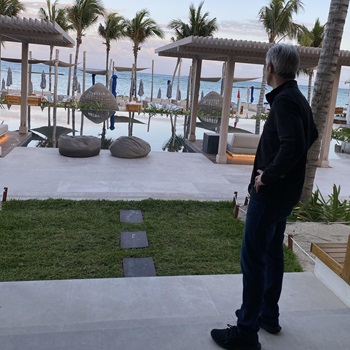In yesterday’s blog I shared practices I use to manage stress when self-care stops working. In our hyper-connected world, it’s become harder and harder to de-stress and unplug. Find my final practice below!
Learn to Say No
Having too many commitments creates stress. As leaders, many of us have trouble saying “no” to things. We want to be helpful and don’t want to pass up an opportunity that may forward us personally or professionally. Every time you say yes to something, however, you’re actually saying yes to much more. Did you say yes to being on that committee? That means also saying yes to multiple meetings, phone calls, and to-dos leading up to the big event. Rarely do we pause long enough to consider all these other commitments before saying yes. Next time, when someone asks you to take on a new responsibility or job, don’t be too quick to say yes. Instead, tell them you’ll think about it and need to check your schedule. List out all the additional things you’d be saying yes to by committing and evaluate if this aligns with your greater goals. If it’s not, say no.
Learning to say no without guilt or excuses is a habit that takes practice to build. Remember that “No, thank you” is a complete sentence. Many of us feel the need to give a reason or excuse for declining, but in reality, we don’t need to say anything further. “No thank you” or “I’m unable to do that, but I appreciate you thinking of me,” are perfectly fine. If you’re determined to live your life by design and decrease your stress, you must learn to say no to what does not serve you in achieving those goals. Saying no allows you to focus on what you’ve intentionally said yes to and to maximize those opportunities.
A large part of managing stress effectively is being able to manage time effectively. Do you let others push their demands on you or are you able to be more intentional and proactive with your time? Delegating the tasks that don’t fulfill you will give you time back, as will saying “no” to the things that aren’t aligned with your larger goals. Taking time to frequently reflect and give your brain a mental break is also key; you will be able to see the larger picture and focus on the big initiatives that will truly drive results while letting go of the minutiae that usually drives stress. Start using these practices today; they address the time management issues that self-care won’t.
Categories: Sue's Daily Blog


